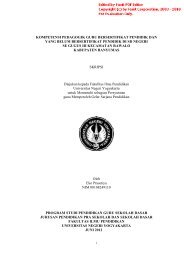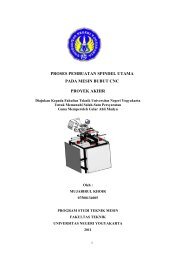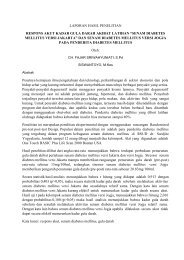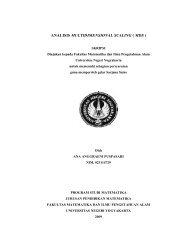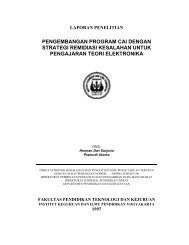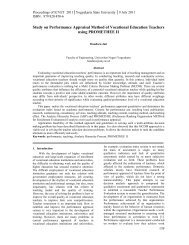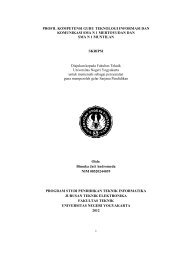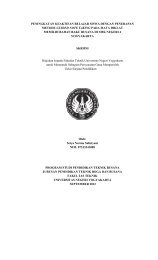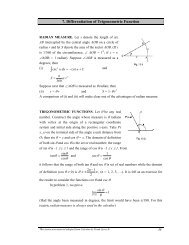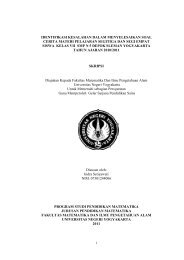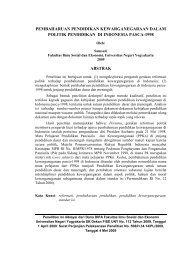aboriginal land rights issueas recorded in oodgeroo noonuccal's ...
aboriginal land rights issueas recorded in oodgeroo noonuccal's ...
aboriginal land rights issueas recorded in oodgeroo noonuccal's ...
Create successful ePaper yourself
Turn your PDF publications into a flip-book with our unique Google optimized e-Paper software.
---166is strongly attached to them. They have to protect <strong>land</strong> spots which theyconsider sacred. They are orig<strong>in</strong>ally hunters and food gatherers and,therefore, they did not cultivate much of their <strong>land</strong> for agriculturalpurposes. This Aborig<strong>in</strong>al way of life was misunderstood by whitepeople dur<strong>in</strong>g their early settlement <strong>in</strong> Australia. Even these whitecolonists thought that Aborig<strong>in</strong>al people were nomadic so thatthey couldlegitimize themselves <strong>in</strong> tak<strong>in</strong>g Aborig<strong>in</strong>al people's <strong>land</strong>. This actionconstitutes the problematic essence between Aborig<strong>in</strong>al people andwhite people.Oodgeroo Noonuccal is the first Aborig<strong>in</strong>al artist who recordsthe Aborig<strong>in</strong>al-white problem <strong>in</strong> herpoems. "WeAre Go<strong>in</strong>g" is her mostpowerful poem which well records this problem. Automatically thispoem can also be seen as protest poetry. She portrays how the Aborig<strong>in</strong>al<strong>land</strong> dispossession has always caused her black people to live <strong>in</strong> misery.She also shows that white people's view of <strong>land</strong> is different fromAborig<strong>in</strong>al people's. Accord<strong>in</strong>gly, they treat the <strong>land</strong>s differently. IfAborig<strong>in</strong>al people have more religious considerations of the <strong>land</strong>s, whitepeople tend to base themselves on economic value as theirconsiderations. In fact, Aborig<strong>in</strong>al literature has become an importanttool to record Aborig<strong>in</strong>al past history as well as to show Aborig<strong>in</strong>alprotests over the white <strong>in</strong>justice andbrutality.The 1960sand 1970sare closely associated with the significantmovement <strong>in</strong> Aborig<strong>in</strong>al history. These years not only saw the firstpublication of Aborig<strong>in</strong>al literature but the significant change <strong>in</strong>Aborig<strong>in</strong>al life as well. Aborig<strong>in</strong>al people began to be formallyacknowledged to control their <strong>land</strong>s. Nevertheless, their struggle is stillseen to go on, for many have not got the benefit from this <strong>land</strong>compensation. The Aborig<strong>in</strong>al <strong>land</strong> problem is still complicated.Aborig<strong>in</strong>al people cannot escape from the white dom<strong>in</strong>ation. Practicallytheir <strong>land</strong> management is under the white law although they have adifferentview of the <strong>land</strong>s.DIKSI Vol.l1. No.1. Januari 2004



